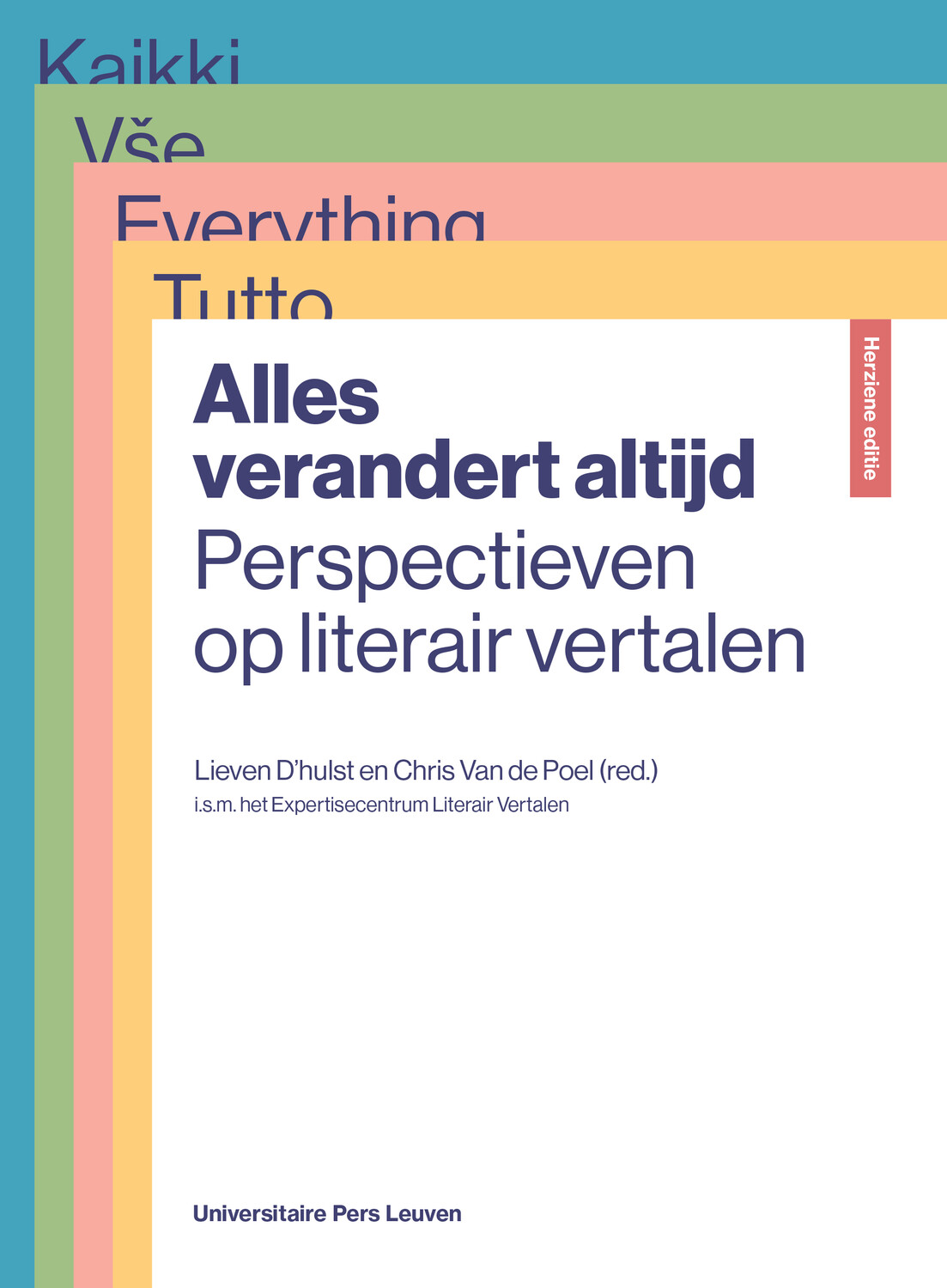
"There is a global need nowadays to attract people’s attention to translators and their contribution, and to finally admit that without translators our world would be completely different."
In her book Personality Matters Olha Lehka-Paul explores the psychological and cognitive characteristics of a translator. The individual translator stands central – making her book a topical contribution to translation studies as it continues to evolve in taking account of the people behind the ubiquity of translation in the modern globalized world. "It is high time to acknowledge and value the hard work of translators", states Olha Lehka-Paul.
Briefly and concisely explain in plain language what the book is about.
Simply put, the book is about translators. Translators as people who perform a highly complex multi-level task in their brains, juggling two (or more) languages, cultures, norms, expectations, standards, etc. while at the same time bearing in mind the end user. And in modern days, translators should also be IT specialists so as to be able to quickly fix some technical glitches in case of emergency, and research analysts so as to efficiently look for and evaluate relevant information related to a given translation task. So let’s count - translators are linguists, specialists in cultural affairs, diplomats (in a way), supervisors, revisers, IT experts and research analysts. And to this we need to add a specialisation in a given field, which translators (especially those working with popular languages such as English or German) are more and more often required to have. Impressive, right? So in my book I’m trying to find out what kind of people translators are (personality-wise) and which personality characteristics may potentially attract them to the profession. And most importantly, I’m interested in whether and how the translators’ personality influences the translation process and product. In other words, I’m investigating the role of translators’ personality characteristics in three major areas: 1) relationship between personality and professional choice, 2) translation process, 3) translation product.
What or who inspired you to choose this topic?
Again, the answer is simple - translators. I’ve been surrounded by translators for the most part of my life - first by my teachers when I was a translation student, and then by my colleagues when I started to work as a translator myself. Long time ago I noticed that all translators are somewhat similar in terms of their personality (to understand what I mean, please read my book), and so are translation students. At one point I understood that I would like to explore the issue further, so I put forward the topic for a PhD project. I am so grateful to the Faculty of English at Adam Mickiewicz University, Poznań, Poland, for accepting my proposal, and even more so, to my research supervisor, Professor Bogusława Whyatt, for her support and guidance!
There is one more important thing here. I think that the inspiration I got from translators (and still getting) then turned into my life mission. I like doing things I believe in and things which I feel are important not only for me, but also for the society at large. And I strongly believe that the topic of translator’s personality is highly relevant and important nowadays. Translators and their work are very often neglected - when people read books they rarely notice whether it was translated or not, when people listen to different interviews/international events, they rarely think that there is most probably a team of translators/interpreters working hard to deliver the information on time and accurately. Moreover, Umberto Eco once said that “The language of Europe is translation”, but it seems that nobody really cares about translators. So I think there is a global need nowadays to attract people’s attention to translators and their contribution, and to finally admit that without translators our world would be completely different.
Do you have any reading suggestions to share (books, blogs, journals, ...) for anyone who wants to know more about the subject?
When it comes to the topic of translator’s personality, I would highly recommend reading the articles and books written by dr Séverine Hubscher-Davidson. As regards translation as a human skill and a professional choice, please refer to the book by Bogusława Whyatt (2012) Translation as a human skill. From predisposition to expertise.
How did the writing process for this book go? Did you experience anything surprising, amusing or strange?
I should admit that I like writing and I’ve always considered it a very engaging and interesting activity. I remember when I was a teenager I wanted to write a book “that people will read” (these are my exact words from school years), so I always knew that one day I would write something. Writing this book was hard at times, especially the final chapter that contains a lot of statistics. There was also quite some time pressure related to the PhD Programme, but overall I enjoyed writing it.
What would you like readers to remember about your book?
My message is simple: Translators are important and special, and it’s high time to acknowledge and value their hard work.
Do you have any plans yet for another publication? What will it be about?
As a researcher, I’ve got a lot of ideas and plans for future research endeavors. I’m writing articles, and I think a new feeling of an important issue in Translation Studies is growing in me. Who knows, maybe one day it will also materialise in the form of a book.
Personality Matters
The Translator’s Personality in the Process of Self-Revision
Olha Lehka-Paul










































